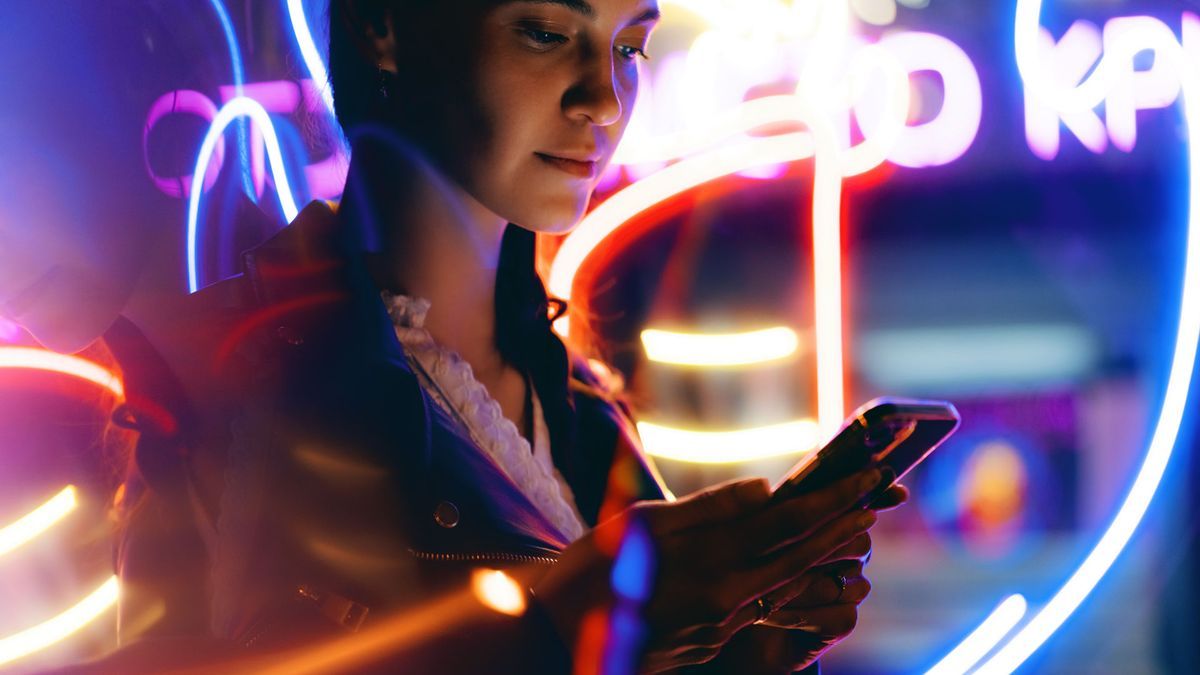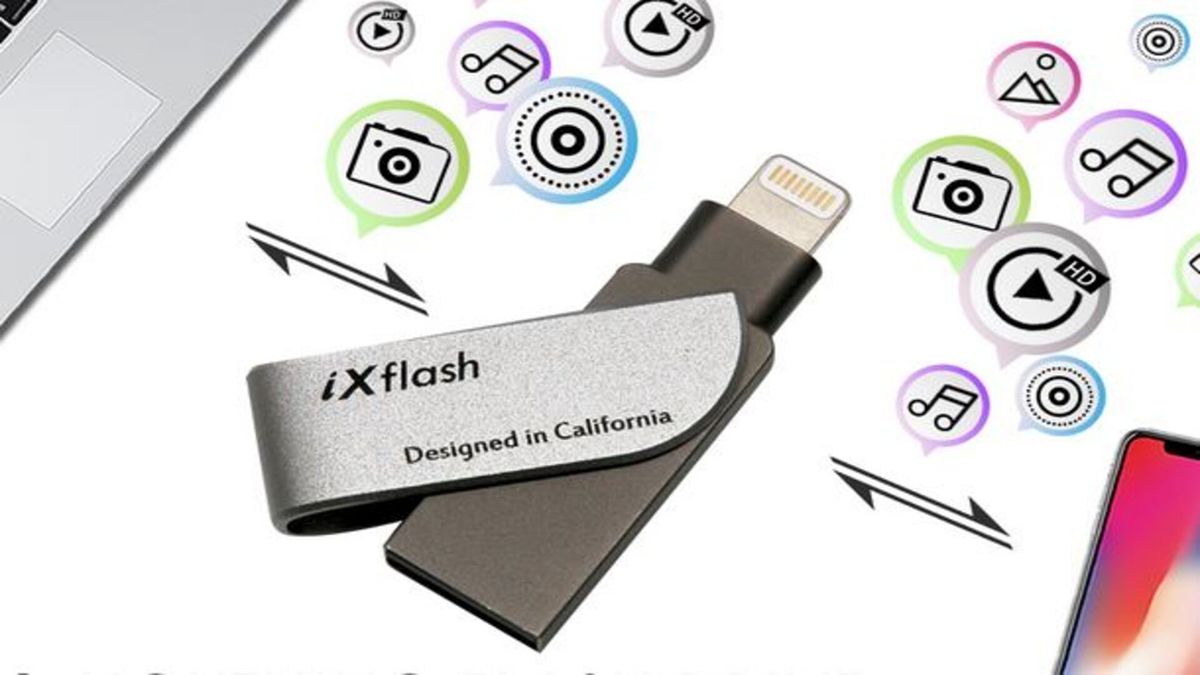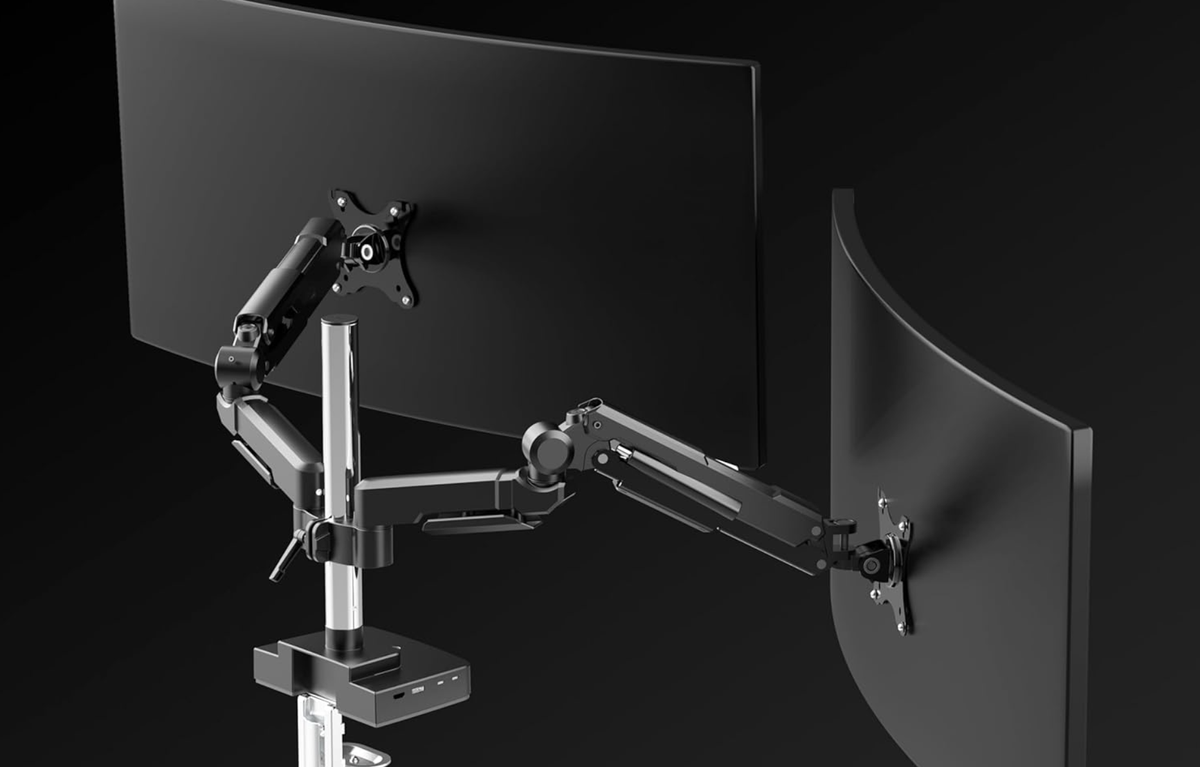ChatGPT is increasingly becoming your most trusted assistant, remembering not only what you've told it about yourself, your interests and preferences, but also applying those memories in future chats. It's a seemingly small change that can make generative AI seem more human-like and perhaps pave the way for general AI, which is where an AI brain can operate more like the gray matter in your head.
OpenAI announced the limited test in a blog post on Tuesday, explaining that it is testing ChatGPT's ability (both in the free version and ChatGPT Plus) to remember what you say to it in all chats.
With this update, ChatGPT can remember casually, just picking up interesting bits along the way, like my preference for peanut butter with cinnamon raisin bagels, or what you explicitly tell it to remember.
The benefit of ChatGPT having memory is that new conversations with ChatGPT no longer start from scratch. For the AI, a new message could have implied context. A ChatGPT with memory is more like a helpful assistant that knows if you like your morning coffee or if you never want to schedule meetings before 10 a.m.
In practice, OpenAI says the memory will be applied to future indications. If you tell ChatGPT that you have a three-year-old who loves giraffes, subsequent conversations about birthday card ideas may lead to ideas for cards featuring a giraffe.
ChatGPT won't simply repeat its memories of your likes and interests, it will use that information to work more efficiently for you.
can remember
Some may find an AI that can remember multiple conversations and use that information to help you a bit unpleasant. That's probably why OpenAI allows people to easily opt out of memories using the “Temporary Chat” mode, which will feel like you're introducing a bit of amnesia into ChatGPT.
Similar to how you can delete your internet history from your browser, ChatGPT will allow you to go into settings to delete memories (I like to think of this as targeted brain surgery) or you can tell ChatGPT to forget something via conversation.
For now, this is a test between some free users and ChatGPT Plus, but OpenAI did not offer a timeline for when it will roll out ChatGPT memories to all users. I didn't find the feature available in either my free ChatGPT subscription or Plus.
OpenAI is also adding memory capabilities to its new app-like GPTs, meaning developers can build the capability into custom conversational AIs. Those developers will not be able to access memories stored in the GPT.
Too human?
An AI with long-term memory is a more complicated proposition than one that has a transitory memory of, at best, previous conversations. Naturally, there are privacy implications. If ChatGPT randomly memorizes what it considers interesting or relevant parts about you, do you have to worry about your data showing up in someone else's ChatGPT conversations? Probably not. OpenAI promises that memories will be excluded from ChatGPT training data.
OpenAI adds on its blog: “We are taking steps to assess and mitigate bias and prevent ChatGPT from proactively remembering sensitive information, such as your health details, unless you explicitly ask it to do so.” That might help, but ChatGPT needs to understand the difference between useful and sensitive information, a line that may not always be clear.
Ultimately, this update could have major implications. In powered conversations, ChatGPT may seem somewhat human, but its hallucinations and hazy memories about, sometimes, even how the conversation began make it clear that we are still more than a few billion neurons apart.
Memories, especially information given to you casually through ChatGPT conversations, could change that perception. Our relationships with other people are driven in large part by our shared experiences and memories of them. We use them to craft our interactions and discussions. This is how we connect. We'll surely end up feeling more connected to a ChatGPT who can remember our distaste for spicy food and our love for all things Rocky Balboa.








